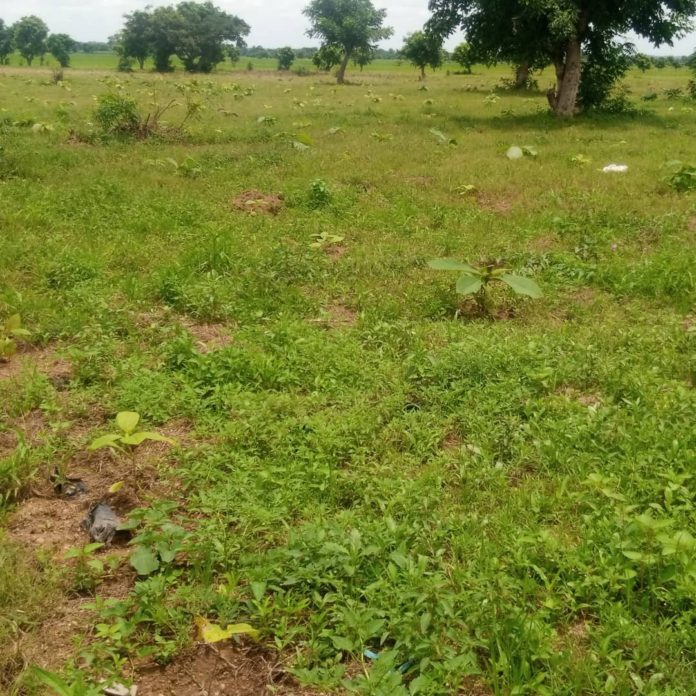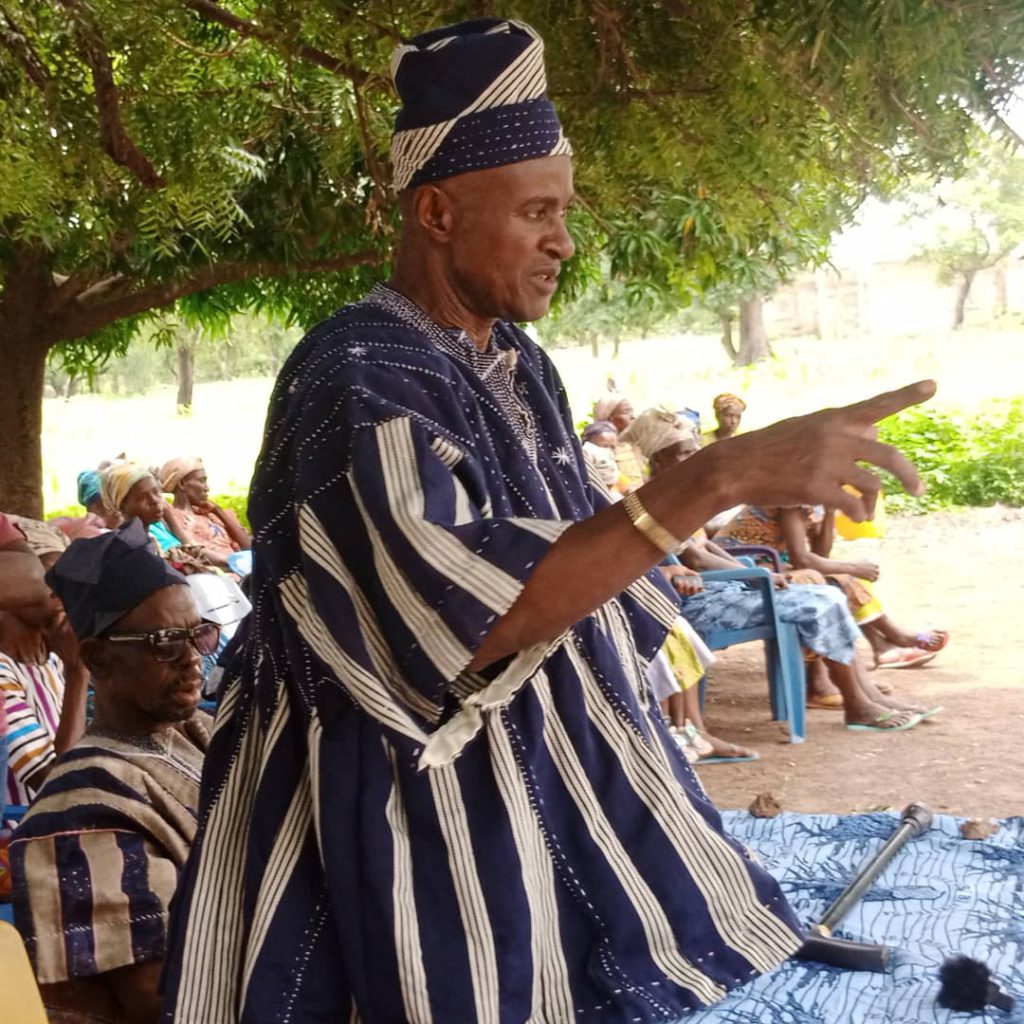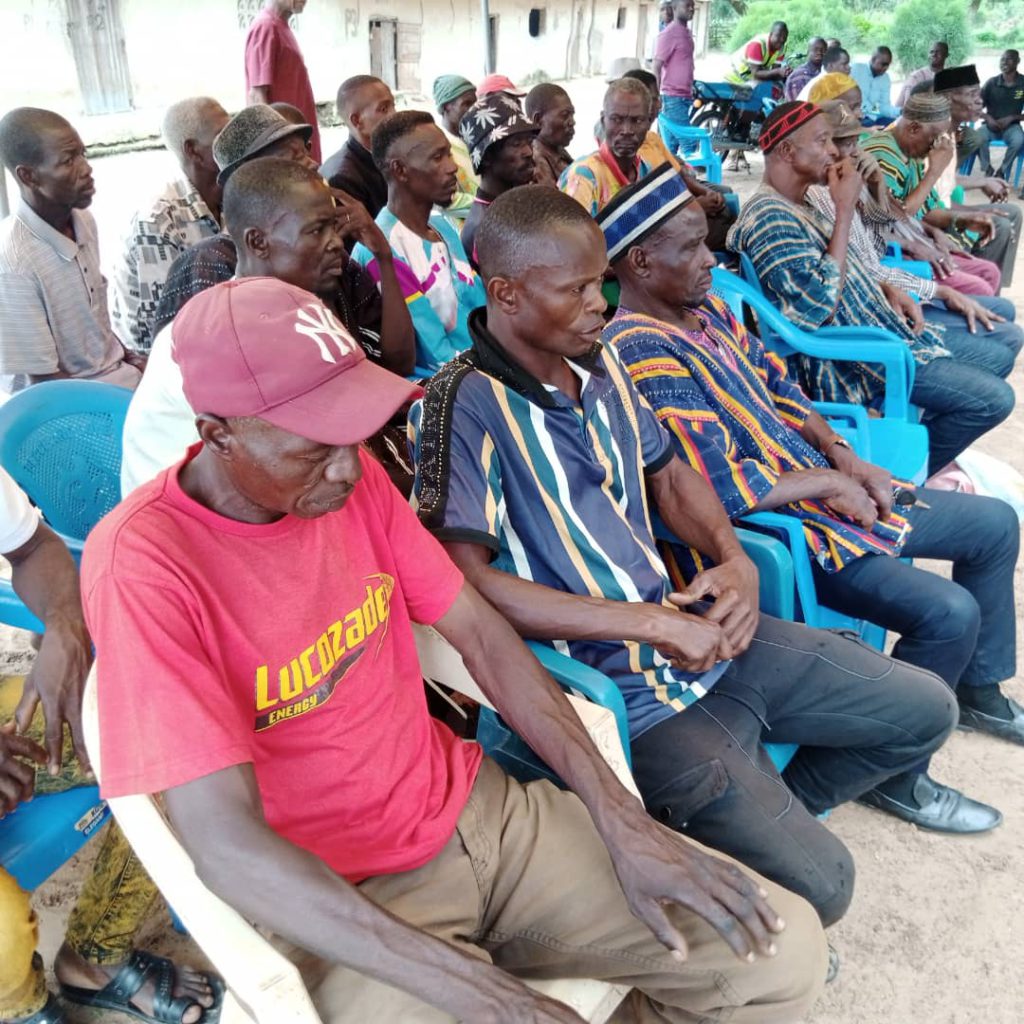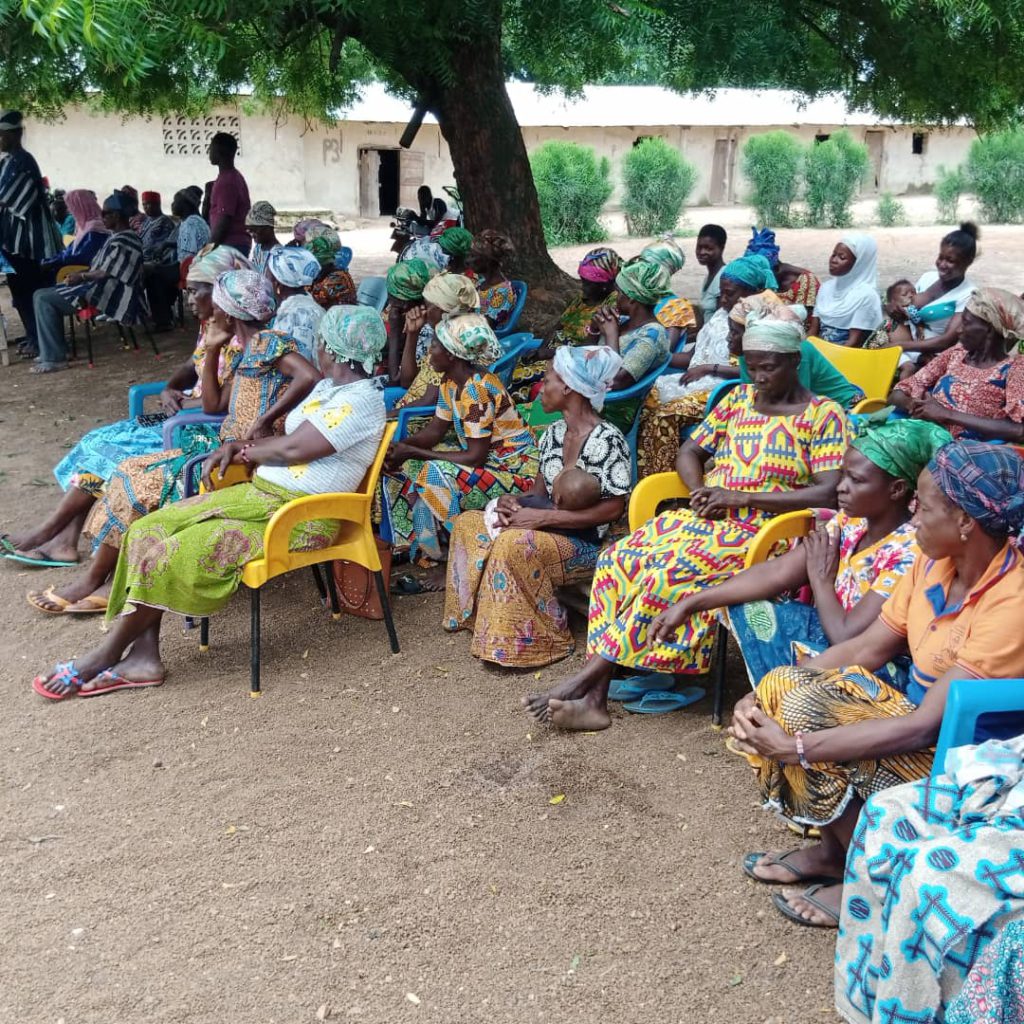
A Savannah Regional-based non-governmental organization (NGO), Centre for Rural Improvement Services (CRIS), with support from the United Nations Development Program (UNDP), has restored 15 hectors of degraded farmlands under sustainable land management through an agroforestry plantation project in Sawla-Tuna-Kalba District in the Savannah Region.
The one-year program which includes beekeeping, is being funded by the United Nations Development Program (UNDP) through its Global Environmental Facility Small Grants Program for two beneficiary communities, Dakompilayiri and Kunkuya.

The Executive Director of CRIS, Amos Seidu disclosed this during the launch of the project at Dakompilayiri, a suburb of Tuna.
He said his outfit has distributed one thousand five hundred and twenty cashew seedlings as part of the project to some sixty farmers, mostly, women in agroforestry plantation and livelihood empowerment.
He said the project will further provide 60 women with beehives to venture into beekeeping.

“We aim to uplift the living standard of the people with much focus on women empowerment.
We are interested in your (farmers) rapid growth and the Agricultural department at the district level will also teach you how to prepare compose manure and practice good agricultural cultural practices that will enrich the farms”, he said.
Mr Seidu reiterated his passion for women’s growth and is optimistic the program will go a long way to propel their economic advancement to the benefit of the two communities.
The Sawla-Tuna-Kalba District Director of Food and Agriculture, Mohammed Shuraz assured his office’s willingness to continue to provide technical support to the successful completion of the project.

“I assured you, chief and elders here, that my office will work with you 24/7 with our doors opened to partner CRIS to regain our lost land fertility and not to wait after we have gone for the next generation to come and say, look, our fathers and mothers have come and destroyed the lands and are gone” he indicated.
A farmer, Khadijah Issahaku, on behalf of her colleagues thanked UNDP and its partners for the initiative.
“We don’t have lands anywhere apart from what are here. But they were those used by our great-grandparents and handed over to our parents, and now us. So, until we add fertilizer, we will not harvest but how many of us can afford the price of fertilizer? So, we thank UNDP and its partners for coming with this support”, she said.
The Sawla-Tuna-Kalba District works Engineer, Chrys Aada who launched the project on behalf of the District Chief Executive, Hajia Barikisu Losina Watara, commended UNDP for their support and urged farmers to take the project seriously.
Source:
www.adomonline.com
Source link

